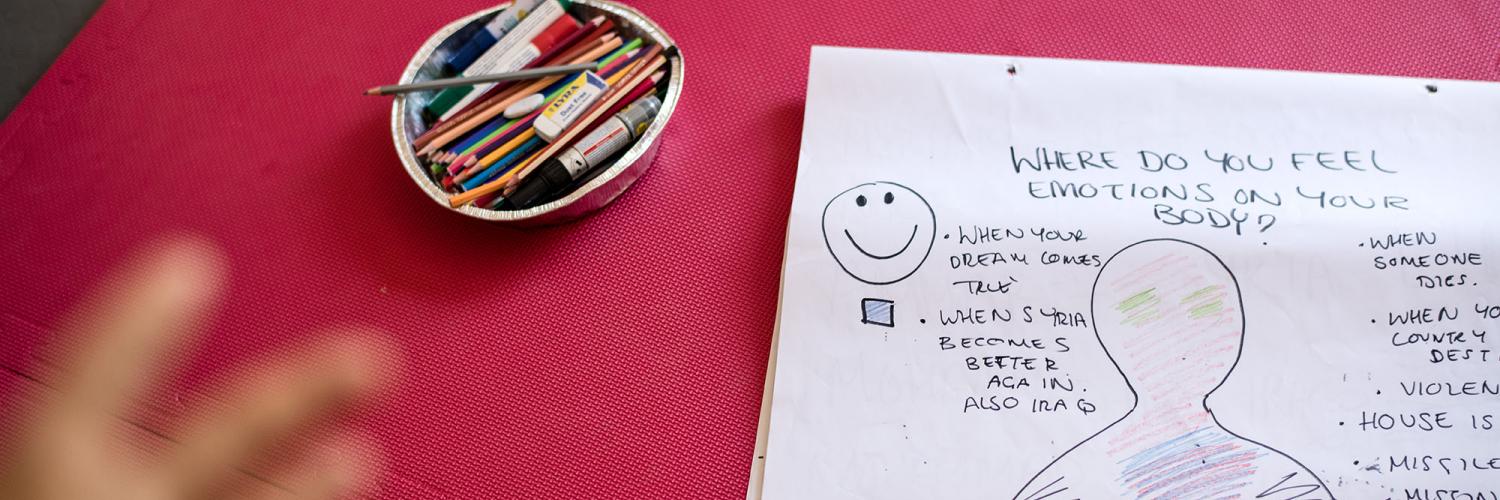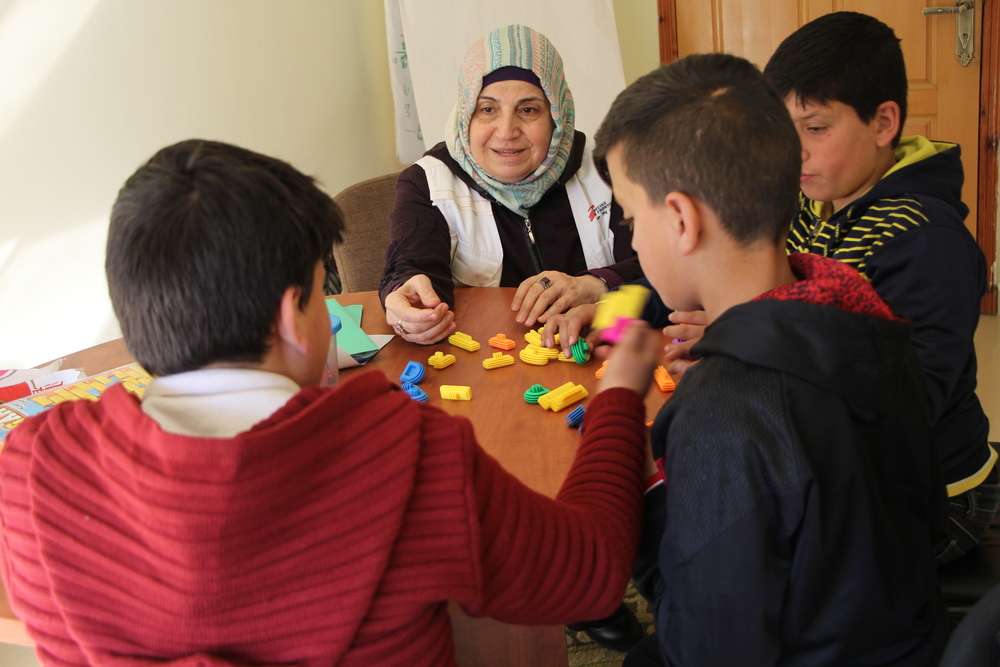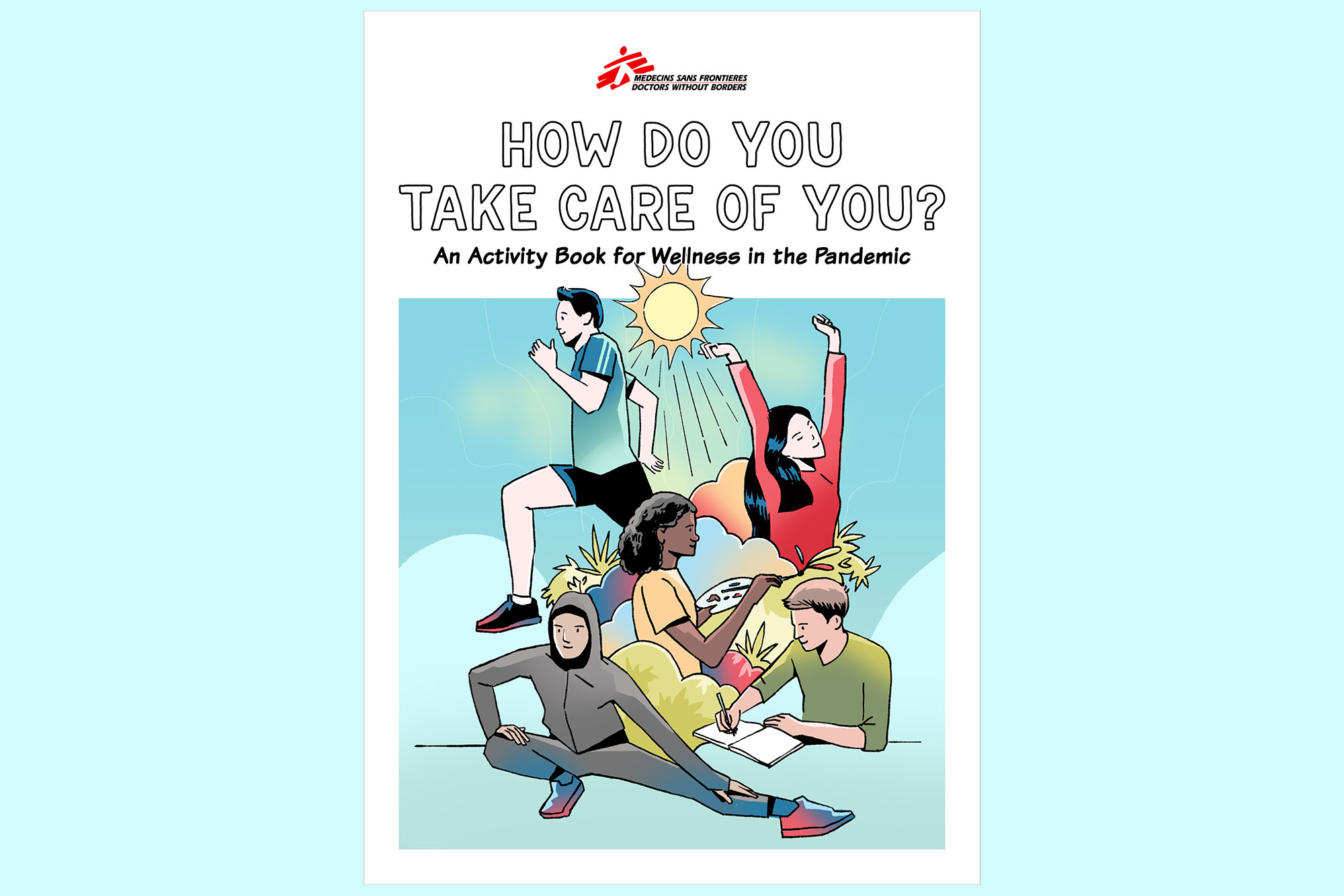
Breadcrumb
- Home
- Mental Health: The Invisible Emergency
- What You Can Do: Taking Care of Your Mental Health
What You Can Do: Taking Care of Your Mental Health
In any emergency situation, people are distressed. We experience higher levels of distress because of many factors: difficulties in accessing basic needs and medical care; lack of basic items to maintain hygiene; lack of reliable information. In addition, there is uncertainty about when the emergency, conflict or pandemic is ending, and this leads to more stress.
This is why it is important for everyone to take care of their mental health, especially during the COVID-19 pandemic.
How about some self-care activities?
Try these:
What are the other ways you can take care of your mental health? Here are some steps you can take:
1. Be mindful of your emotions.
As humans, emotions are a big part of who we are. It influences our thinking, our feelings and our behaviour. Try to avoid letting unpleasant emotions clog your mind and impact your life.
2. Develop a daily routine.
Feeling anxious and or uneasy? This is normal, especially since this pandemic has brought about so many changes and challenges. However, there is one thing you can do to get back a little bit of control in the midst of so much uncertainty--by establishing a regular routine!
3. Exercise!
Regular exercise benefits not just your physical well-being but also your mental health. Studies have shown that exercise can reduce stress, help you recover from depression and anxiety, and improve your sleep.
4. Think of your circle of control.
It’s important to acknowledge that there are things in your life that you can control, and things that you can’t. This is why it is important to look at life within through the lens of these two different circles.
5. Find things to be thankful for.
Being grateful can make you happy! Gratitude is about appreciating what you already have and being happy with it. With gratitude, we are training our brains to focus on seeing positive things even in unpleasant situations. Not only does this make us happier, but it can also improve problem-solving skills.
6. Start a journal.
Aside from having a gratitude journal, you can actually make use of a practice called journal therapy. This can help manage your emotions, and help improve your mental health. Use a journal to write anything and everything that you want -- from what you’re thinking in your head to what you’re feeling in your heart!
7. Try expressing yourself with art and colour.
Art and colour therapy to can help you de-stress, communicate, and express yourself. This type of therapy includes drawing, sketching, painting, making sculptures, colouring, and many different creative forms.

